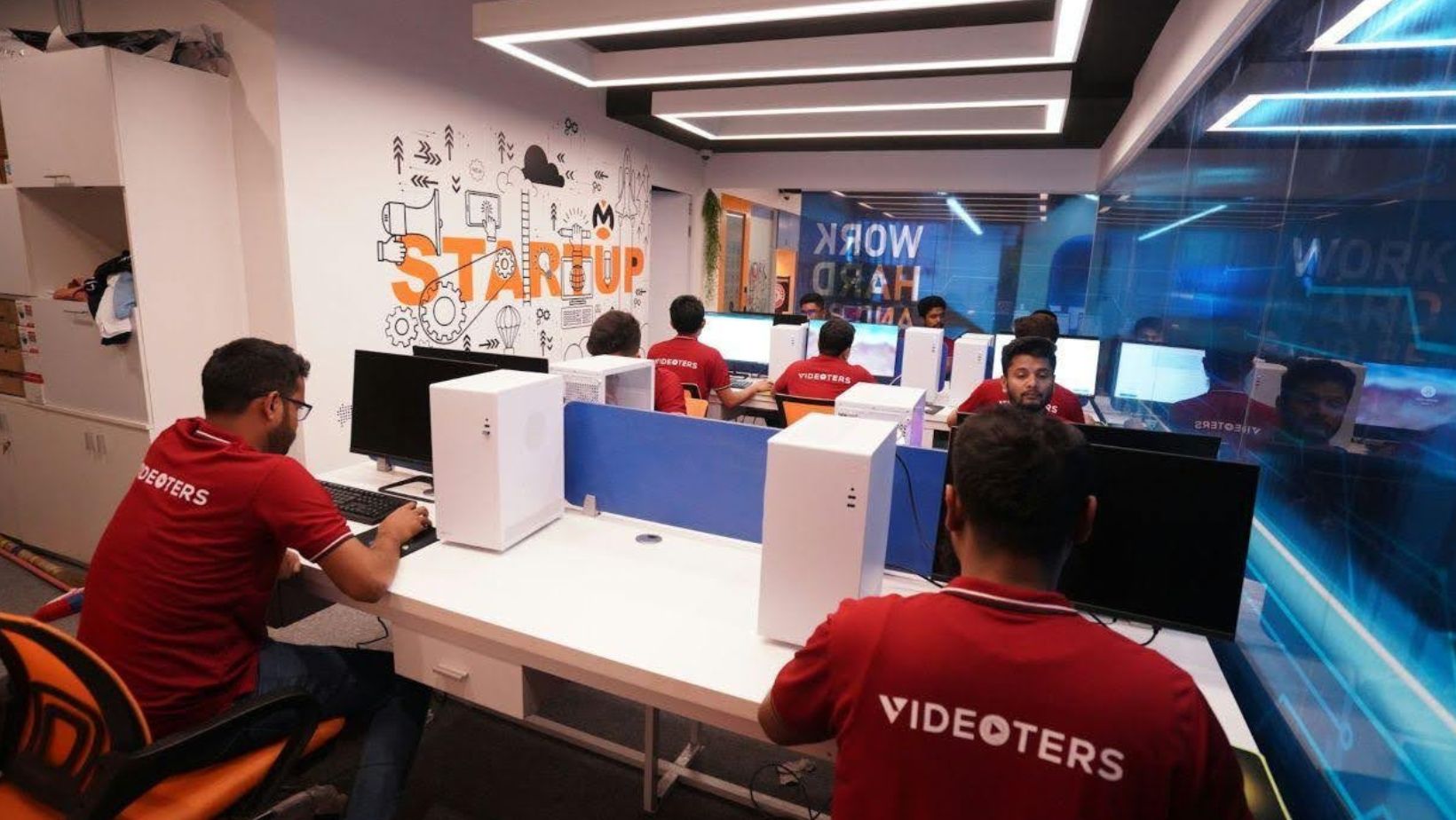Not long ago, being in the right city felt like a shortcut to success. Founders moved to hotspots to find funding, meet partners, and grow faster. Then everything shifted. Remote work became the norm, and teams proved they could build without borders.
So now the question is real: are tech hubs still relevant in a world where your team, investors, and users can all be somewhere else? In this article, you’ll see what tech hubs used to offer, what’s changed, and how much place still matters in a remote-first economy.
What Tech Hubs Offered in the Past
Before remote work was common, being in a tech hub gave you an edge. Everything felt faster, closer, and easier to access. You didn’t need to plan your network, it often came to you.
Here’s what those places made possible:
- Quick access to venture capital through in-person meetings
- Networking events that helped you meet partners and early hires
- Coworking spaces filled with people solving similar problems
- Local universities feeding in fresh talent
- A sense of momentum from being part of something big
That setup worked well for years. But now, most of these advantages have gone online or spread out across cities.
Remote Work Changed How People Connect
Video calls, chat apps, and shared documents made distance less important. You could meet a founder in Mexico, hire someone in Poland, and pitch a U.S. investor—all without leaving your home. The way people build relationships has shifted. It stopped being about where you lived and started being about what you worked on and how you communicated.
Local meetups and events gave way to online groups. Slack channels, Discord servers, and remote communities grew around shared interests instead of shared cities. You could get advice, find job leads, and get feedback from people anywhere in the world. This change meant your network no longer depended on geography.
 Caption: Video calls made face-to-face chats possible from anywhere.
Caption: Video calls made face-to-face chats possible from anywhere.
Are Tech Hubs Still Relevant? Do They Still Offer Anything Unique?
Tech hubs continue to provide important advantages, especially in cities like San Francisco, New York, and Austin. These places attract investors, big companies, and skilled talent. Close ties to universities and research centers bring fresh ideas and resources. Plus, meeting face-to-face often leads to quicker deals and stronger partnerships than virtual chats.
Among emerging tech centers, Florida’s tech hubs stand out for their mix of opportunity and lifestyle. Miami, Tampa, and others offer lower costs without sacrificing access to a skilled workforce. Being part of these communities means faster hiring through personal connections, easier access to local investors, and events that spark collaboration. Together, these factors help startups move faster and grow stronger.
Where the Money Is Going Today
Investment hasn’t disappeared from major tech centers, but it has shifted in focus. Big hubs still attract a large share of venture capital because many top investors prefer face-to-face meetings and close ties with founders. This makes it easier for startups in these areas to raise money and grow fast. These cities also host well-established networks of mentors, accelerators, and service providers, which add value beyond just funding.
At the same time, venture capital is spreading to new regions. More investors are starting to ask, “Are tech hubs still relevant?”, as they explore promising startups in emerging markets. This shift is driven by better technology, remote work, and a desire to tap into fresh ideas. Thanks to this, entrepreneurs in less crowded places now have a better shot at funding and support.
The Rise of ‘Soft Hubs’ and Distributed Teams
Tech hubs don’t have to be tied to one city anymore. Many companies now use “soft hubs”—smaller groups of employees spread across different places but connected by regular meetups or shared workspaces. This approach combines the best of both worlds: local collaboration when needed, and remote flexibility the rest of the time.
Distributed teams also rely on digital tools to stay connected and productive. Video calls, project management apps, and instant messaging keep everyone on the same page. While these teams don’t share a physical office, they create a collaborative culture through intentional communication and regular check-ins. This way, work gets done without losing the personal connections that help ideas grow.
 Caption: A few in-person hours in a soft hub can boost a remote team’s momentum.
Caption: A few in-person hours in a soft hub can boost a remote team’s momentum.
How You Should Think About Location Today
Location still matters, but not like it used to. Instead of picking a city just because it’s a famous tech hub, think about what fits your team and goals best. Consider factors like cost of living, access to talent, and lifestyle. Sometimes, a smaller city or even a suburban area can offer more benefits than a crowded big city.
Also, remember that hybrid setups are common. You might have some team members working remotely while others gather occasionally in a shared space. This flexibility lets you tap into talent from anywhere without losing the chance for face-to-face collaboration. The key is to find what balance works best for your team and business.
Key Takeaways About Tech Hubs Today
Tech hubs have changed, but they haven’t disappeared. If you’re wondering what still matters and what no longer does, here are a few points to keep in mind:
- Traditional hubs still attract investors and top talent.
- Remote work lets teams connect across borders easily.
- New hubs offer fresh opportunities and lower costs.
- Funding is spreading beyond big cities to emerging markets.
- Hybrid and distributed teams combine flexibility with collaboration.
These points highlight how location’s role is evolving and creating new chances for startups and teams.
Caption: Are tech hubs still relevant? It depends on whether you need funding, talent, or in-person momentum.

Tech Hubs Still Exist, but You Don’t Need One
So, are tech hubs still relevant? The answer is yes—but in a different way than before. They continue to offer valuable resources like investors, talent pools, and networking opportunities. Cities with established hubs provide an environment that can speed up growth and innovation.
At the same time, technology and changing work habits mean you don’t have to be in a hub to succeed. Remote teams and emerging cities give you new options. The best approach depends on your goals and team style. Whether you choose a bustling hub or a distributed setup, what matters most is how you use the tools and connections available to you.
Meta Description: Are tech hubs still relevant in a remote-first economy? Discover how location shapes opportunities for today’s startups and teams.




